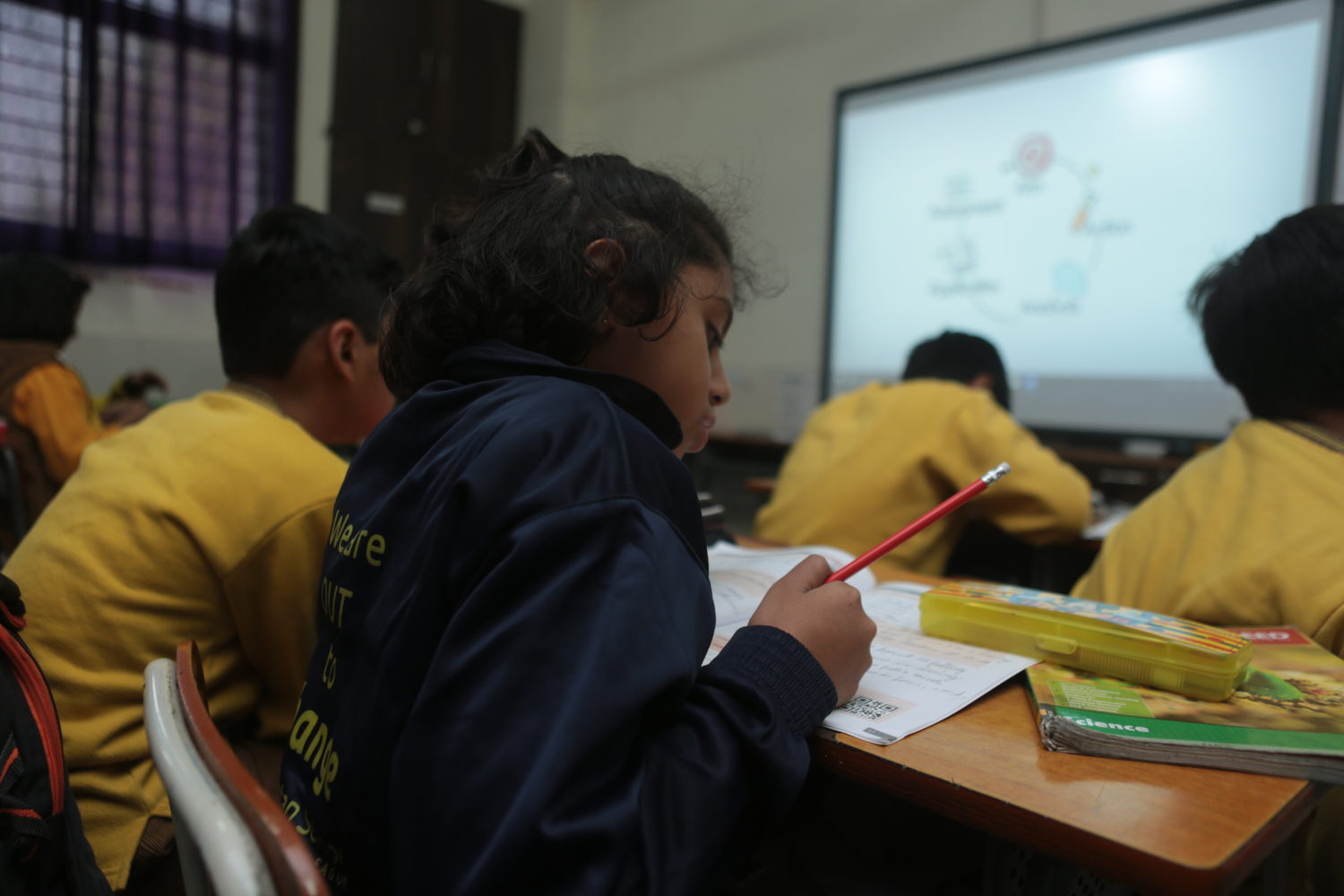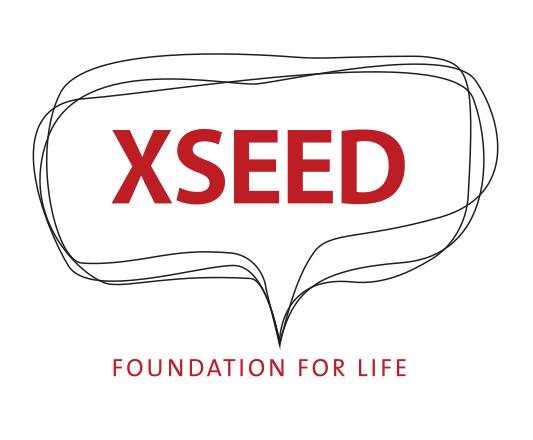
How to prepare students to write long form “creative answers” in exams
The CBSE has recently announced that questions in the 10th grade board exams will now focus more on long-form creative answers to fight rote learning. Seeing that for many years, India’s education system has not raised a strong voice against the rampant rote learning habits among students and teachers alike, this news comes as a fresh and progressive change.
According to the board, the theory section of the examinations that carries 60 marks will now have fewer questions that carry a higher weightage to instill the habit of independent writing among students. Moreover, the 20-mark assessment that the school carries out for children will now require students to create a portfolio of the learnings they derived out of a subject during the year.
While these changes will make a definite contribution to children’s preparedness for the 21st century workplaces, students need to begin learning these skills early on so board exams in Grade 10 do not come as a surprise. Here are a few ways that schools can ensure young children are prepared to succeed in external exams as well as in life later.
- Always let students speak first: It is tempting for a teacher to take students through concepts directly from a textbook and tell how things work. While in many cases, that could be an efficient way to finish the syllabus on time, it sets students up to pass only one style of exam. The key to instilling independent thought in students is to let them talk about their observations, questions and possible explanations for problems first, as the teacher facilitates a fruitful discussion that lets students figure out the answers for themselves.
- Strongly integrate hands-on activities in class: Children may forget what they read, but not what they see and experience. Introduce new concepts to students in class by means of an activity that sparks a discussion. As stated earlier, let them talk about the possible explanation for the phenomenon they saw. To write long form explanations, one needs to develop independent thought and communication skills, which discussions and debate strengthen. As students see and talk about concepts in class, they get more material to write wholesome answers.
- Change internal assessment to HOTS and open-ended questions: A school’s internal exams try to mirror the external exam pattern and students end up getting trained to learn from a textbook and match their answer as close as they can to the answer key. CBSE is openly trying to break this cycle. The more opinion-based questions the school prepares a child to answer, the more comfortable the child will get to write original creative answers in exams. It is also well known that the ability to form and communicate independent opinions is one of the key skills an individual needs to learn in the 21st century.
- Focus on independent writing time: A successful career in any field today requires effective written communication and getting comfortable with writing both long form and short form content has become increasingly important in this context. Students need to be able to understand the different formats of written content including essays, opinion pieces, emails, short stories and academic papers. Independent writing doesn’t have to be a part of only English or other language subjects, classes like social studies, environmental studies and sciences must also focus on original writing as homework or classwork. Here are a few tips on how to instill independent writing skills among students: https://www.xseededucation.com/nurturing-independent-writing-skills-in-students/
Building and strengthening creativity is a function of both talent and discipline. The earlier students get exposed to creating original content, the stronger their creativity gets. Hope these tips help you prepare students to write independent answers, do let us know how you ensure students in your school develop 21st century skills at gazette@xseededucation.com.



